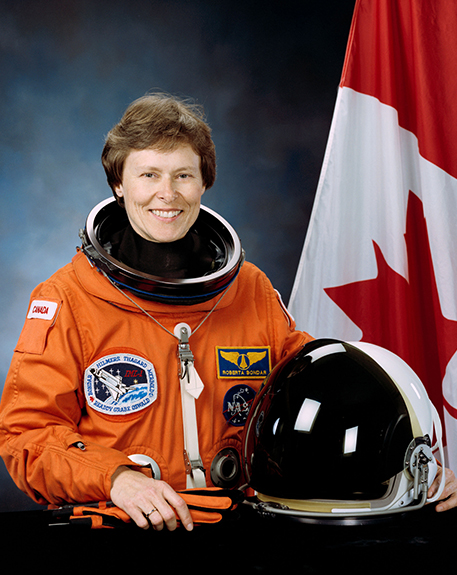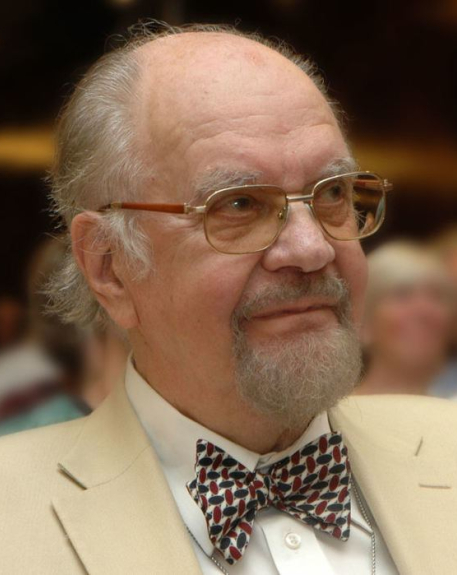2003 INDUCTEE Donald O. Hebb, PhD Brain & Mind
July 22, 1904
(Chester, Nova Scotia)
August 20, 1985
PhD, Harvard University (1936)
2011: Laureate of the Nova Scotia Hall of Fame
1980: Donald O. Hebb Award, Canadian Psychological Association
See All AwardsAwards & Honours:
2011: Laureate of the Nova Scotia Hall of Fame
1980: Donald O. Hebb Award, Canadian Psychological Association
1966: Fellow of the Royal Society of Canada
1966: Fellow of the Royal Society of London
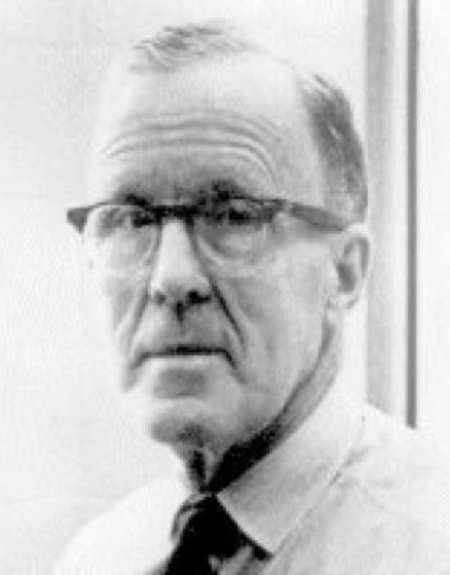
He changed the way we see the brain and behaviour
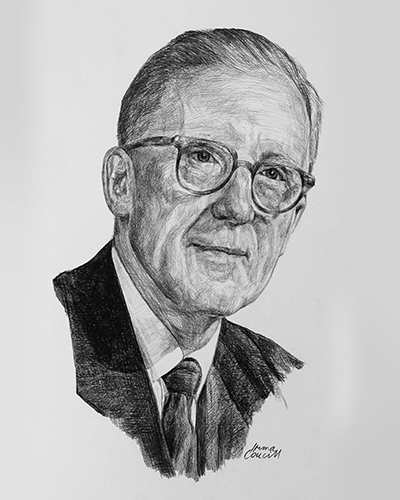
The father of neuropsychology
Throughout his life, Dr. Donald O. Hebb maintained a deep interest in the relationship between mind and brain. In 1949, he published his classic work The Organization of Behaviour, which served as a bridge between psychology and neuroscience. In it, Hebb theorized that cognitive processing was the result of connections between neuron assemblies. The book had an immediate impact and led Hebb to become known as “The Father of Neuropsychology.” Throughout his distinguished career, Hebb occupied many important offices in North American psychological associations, was a Fellow of the Royal Society of London, and was the recipient of over a dozen honorary degrees.
Key Facts
Developed new diagnostic tests including the McGill Picture Anomalies
Demonstrated that ideas could be given a physiological interpretation
His theory of cognitive processing became known as Hebbian theory
Published A Textbook of Psychology, which supplemented his popular and witty introductory psychology course at McGill
His studies of early childhood brain development contributed to projects that provided enrichment experiences for disadvantaged children
A 2002 Review of General Psychology survey ranked Hebb as the 19th most cited psychologist of the 20th century
Professional timeline
Impact on lives today
By establishing the brain as the source of ideas and thus behaviour, Hebb laid the groundwork for modern neuroscience. Today, Hebb continues to influence all those interested in brain and behaviour, including those in the field of neurocomputing. In particular, his theories of cognitive processing and neural assembly contributes to the development of robotics and artificial intelligence.
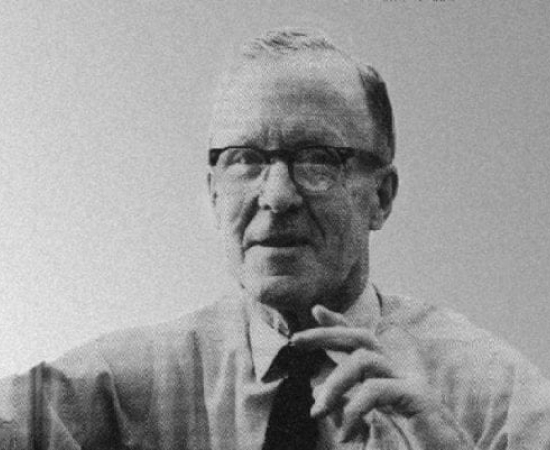
2003
-
Donald O. Hebb posthumously inducted into the Canadian Medical Hall of Fame
London, Ontario
-
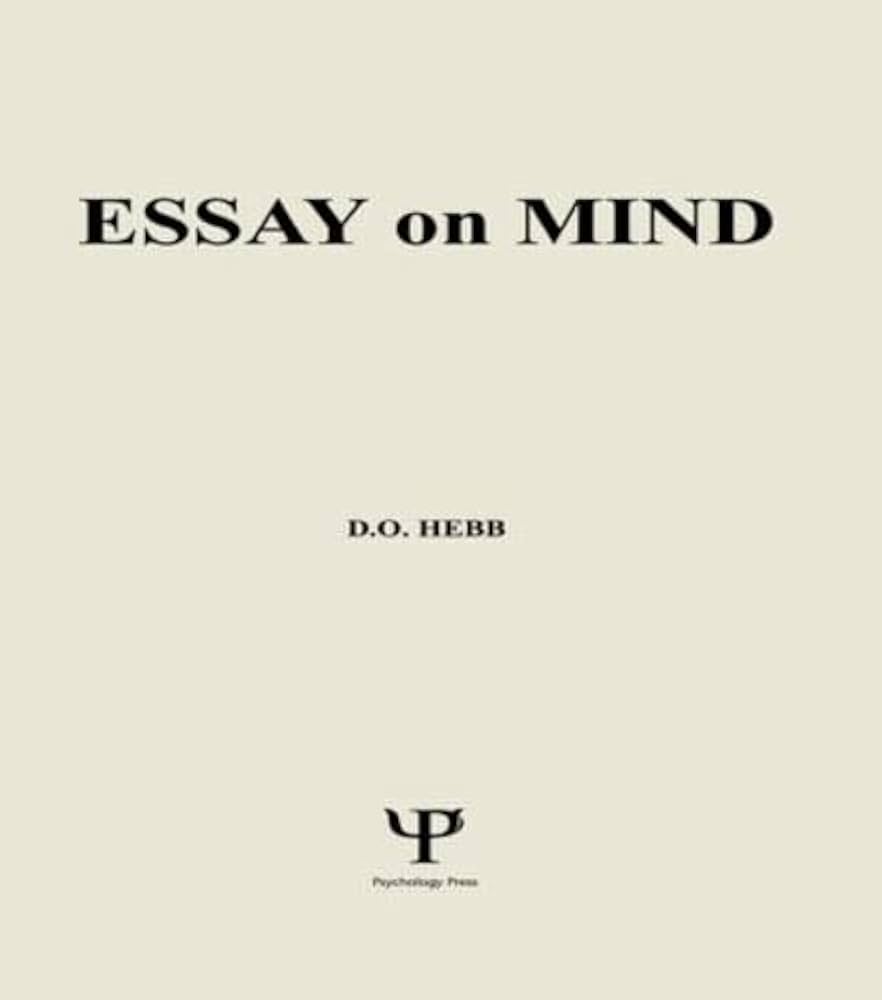
Published "Essays on Mind", which reviewed his theory of the brain and its relation to the mind-body question
Brain & Mind -
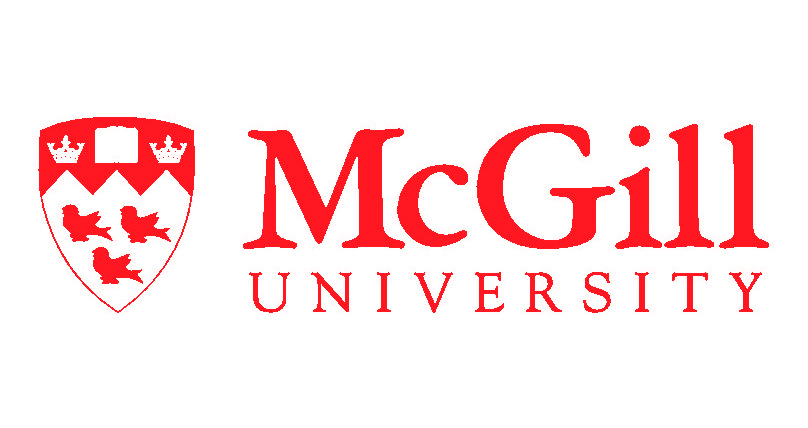
Became Chancellor of McGill
Leadership in Organizational DevelopmentHe remained in the position for four years, at which point he retired to his home in Chester.
-
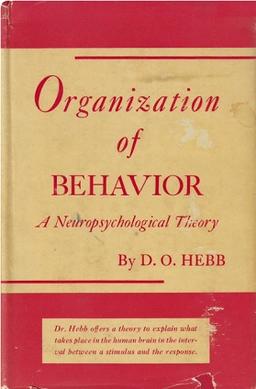
Dr. Donald O. Hebb published "The Organization of Behavior"
Brain & MindThis book had a profound influence on attitudes towards neuropsychology and towards psychology as a whole. In effect, Hebb raised the profile of physiological research in psychology.
-
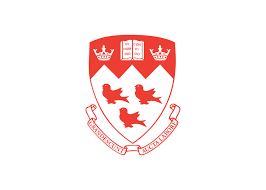
Hebb returned to McGill
Leadership in Organizational Development, Health and Medical Education & TrainingA year later he became Chair of the Department of Psychology. In addition to continuing his teaching, research, and giving graduate seminars in the evenings, he built up the Department’s facilities with skill and energy.
-
Hebb joined Lashley at the Yerkes Laboratories of Primate Biology in Florida
Brain & MindDuring this time, Hebb developed his theory of brain function.
-

Became a Lecturer at Queen’s University in Kingston
Brain & Mind, Health and Medical Education & TrainingWhile maintaining a heavy teaching load, he continued research on the brain and intelligence.
-
Wilder Penfield sought a psychologist
Brain & MindHoping to expand the scope of the Neurological Institute, Penfield wanted to recruit a psychologist to test his patients. Hebb applied for the position and was offered a two-year fellowship. At the Institute, Hebb began exploring the intellectual impacts of large frontal cortex lesions.
-

Seeking new experiences, Hebb began his PhD at the University of Chicago
Brain & MindThere he worked with Karl Lashley, the most respected physiological psychologist at that time. When Lashley went to Harvard a year later, Hebb accompanied him. He completed his PhD at Harvard in 1936.
-
Began part-time studies in McGill’s psychology department
Brain & MindUnder the guidance of Dr. Leonid Andreyev, a former student of Pavlov, Hebb studied conditioned learning.
-
Became a principal of an elementary school near Montreal
Leadership in Organizational DevelopmentThese early experiences in education became the foundation for his lifelong interest in educational methods.
-

Graduated with a BA in English and philosophy from Dalhousie University
Despite coming from a family of physicians, Hebb pursued his own interests.
1925
He was a teacher to the end.

